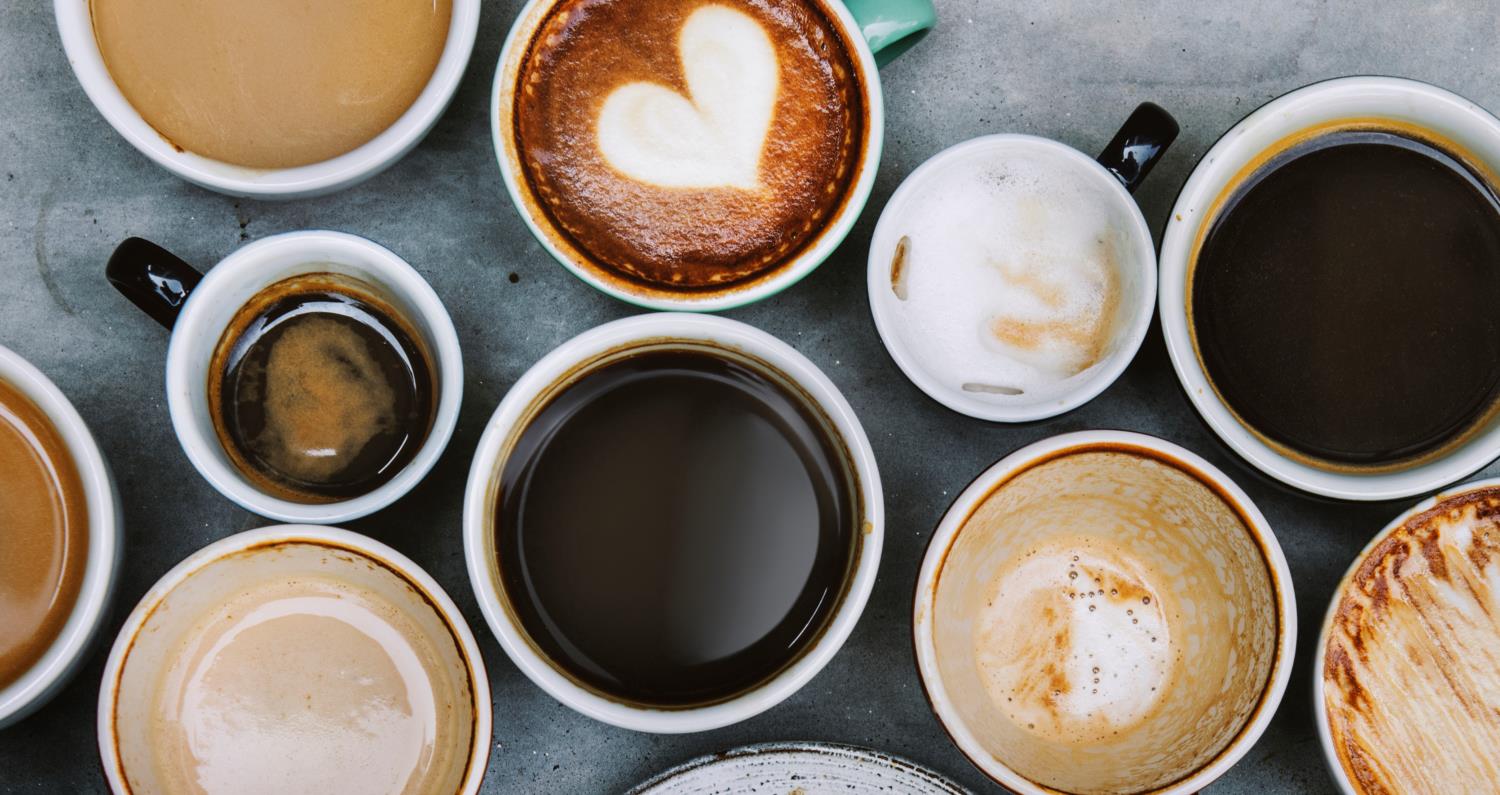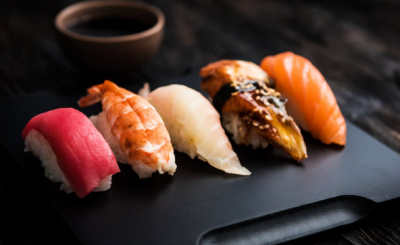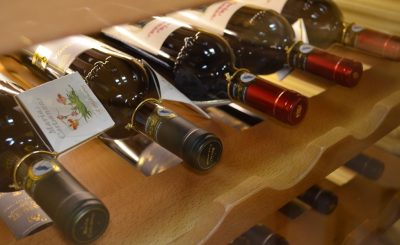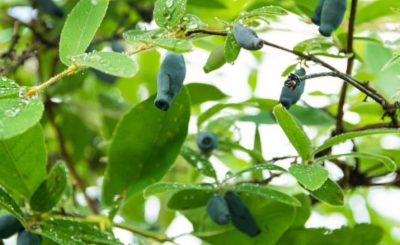Decaf coffee often gets a bad rap. It’s dismissed as bland, flavourless, and the unwanted stepchild of the coffee world. However, this couldn’t be further from the truth. The world of decaf coffee is rich, diverse, and full of surprises, offering a delicious caffeine-free alternative for those who want to enjoy a cuppa without the buzz.
Let’s debunk some common myths, explore the different types of coffee beans used for decaf, and uncover brewing methods that unlock the full potential of your decaf brew.
MythBusters: Decaf Edition
- Myth 1: Decaf coffee is flavourless. This is the most common misconception. While some decaffeination processes can affect flavour, many modern methods preserve the subtle nuances and characteristics of the original beans. The key is to choose high-quality decaf beans and brew them with care.
- Myth 2: All decaf coffee is the same. Not all decaf is created equal. There are various decaffeination processes, each with its own impact on flavour. Some methods use solvents like ethyl acetate or methylene chloride, while others, like the Swiss Water Process, use only water.
- Myth 3: Decaf coffee is unhealthy. There’s no evidence to suggest that decaf coffee is harmful. In fact, it offers many of the same health benefits as regular coffee, such as antioxidants and potential protection against certain diseases.
From Bean to Decaf: Exploring Decaffeination Methods
The journey of a coffee bean from plant to cup is fascinating, but the decaffeination process is where things get interesting. Here’s a quick look at some common methods:
- Swiss Water Process: This method uses only water to remove caffeine, making it a popular choice for those seeking a chemical-free option. It’s known for preserving the original flavour profile of the beans.
- Mountain Water Process: Similar to Swiss Water, this method also uses water but incorporates temperature and time variations for a unique flavour profile.
- Carbon Dioxide Process: This method uses liquid carbon dioxide to extract caffeine, resulting in a clean-tasting decaf coffee.
- Ethyl Acetate Process: This method uses ethyl acetate, a natural compound found in fruits, to remove caffeine. It’s considered safe and leaves little residue.
Brewing the Perfect Cup of Decaf
Brewing decaf coffee is similar to brewing regular coffee, but there are a few tips to keep in mind:
- Choose Quality Beans: Start with high-quality decaf beans that have been decaffeinated using a method that preserves flavour.
- Grind Fresh: Grind your beans just before brewing to maximise flavour and aroma.
- Use Filtered Water: Filtered water ensures a cleaner-tasting brew.
- Experiment with Brewing Methods: Try different brewing methods, such as French press, pour-over, or cold brew, to find what you enjoy most.
Decaf Delights: Finding Your Perfect Beans
With so many decaf coffee beans available, it can be overwhelming to choose. Here are a few tips:
- Look for Single-Origin Beans: Single-origin beans offer a unique flavour profile specific to the region where they were grown.
- Consider Your Roast Preference: Decaf coffee comes in various roasts, from light to dark. Choose a roast that suits your taste.
- Read Reviews: Check online reviews or ask your local coffee shop for recommendations.
The Decaf Revolution
The world of decaf coffee is undergoing a revolution. No longer confined to bland, mass-produced options, we now have a vast array of high-quality decaf beans and brewing methods to explore. Whether you’re a lifelong decaf drinker or simply looking for a caffeine-free alternative, there’s never been a better time to discover the delicious world of decaf coffee. So, ditch the myths, grab a bag of your favourite decaf beans, and brew yourself a cup of coffee goodness without the jitters. Cheers!







